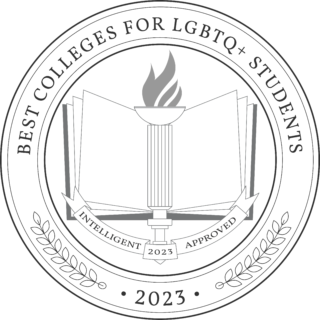Compared to cisgender heterosexual students, LBGTQ+ students face disproportionate levels of harassment, anxiety, and depression at college. Ideally, LBGTQ+ students will attend a college that has adequately responded to these challenges and established an inclusive and safe learning environment, but not every school has done so. We’ll go over the most LBGTQ-friendly colleges in the country, and address some other issues that are important for LGBTQ+ students to know.
- San Diego State University
- University of Wisconsin – Eau Claire
- University of Michigan
- Georgetown University
- UC Santa Barbara
- Boston University
- Coastline College
- University of Pennsylvania
- Princeton
- University of Washington
- University of Maryland
- Ohio State University
- Massachusetts Institute of Technology
- Washington State University
- Rutgers University
- Tufts University
- University of Oregon
- Pennsylvania State University
- University of Central Florida
- Emory University
Why This Matters
Studies show that LGBTQ+ people face some unique challenges at college. GLSEN’s 2019 National School Climate Survey found that 68.7% of LGBTQ students have been verbally harassed, 25.7% have been physically harassed, and 11% have been assaulted. Furthermore, a Human Rights Campaign survey conducted from 2016 to 2017 found that 28% of LGBTQ+ students (compared to 12% of non-LGBTQ+ students) have experienced depression.
LGBTQ+ students also face higher rates of housing discrimination. According to a 2017 Urban Institute report, gay men are quoted higher annual rent costs on average than heterosexual men. Also, it’s less likely that housing providers will inform transgender people about avaliable rentals than cisgender people.
There are many steps that colleges can take to improve these conditions for LGBTQ+ students, such as enforcing strong anti-discrimination policies, offering free counseling services, and utilizing blue light emergency phones as well as other security measures.
Our Ranking Criteria
We reviewed dozens of institutions in order to determine the top 20 colleges for LGBTQ+ students, evaluating factors such as LGBTQ+ student centers, gender-neutral facilities, and student organizations. This research was based on the materials available online at each school’s website. Below, we’ve also highlighted some things that you can check out during an on-campus tour to help you make an even more informed decision.
The 20 Best Colleges for LGBTQ Students
San Diego State University

It’s easy to see why San Diego State University is ranked at the top of our list. They offer a variety of on-campus resources, including gender-inclusive bathrooms and gender-inclusive housing. They also offer a wide range of counseling services, including individual counseling, group therapy, and appointments with Baxter, San Diego State University’s resident therapy dog. Their LGBTQ+ Studies program is highly respected in the field. Additionally, their in-state tuition is quite affordable.
- Location: San Diego, CA
- Intelligent Score: 99.81
- Average Tuition: $8,136 per year
- Accreditation: WASC Senior College and University Commission
- Student Enrollment: 29,838
University of Wisconsin – Eau Claire
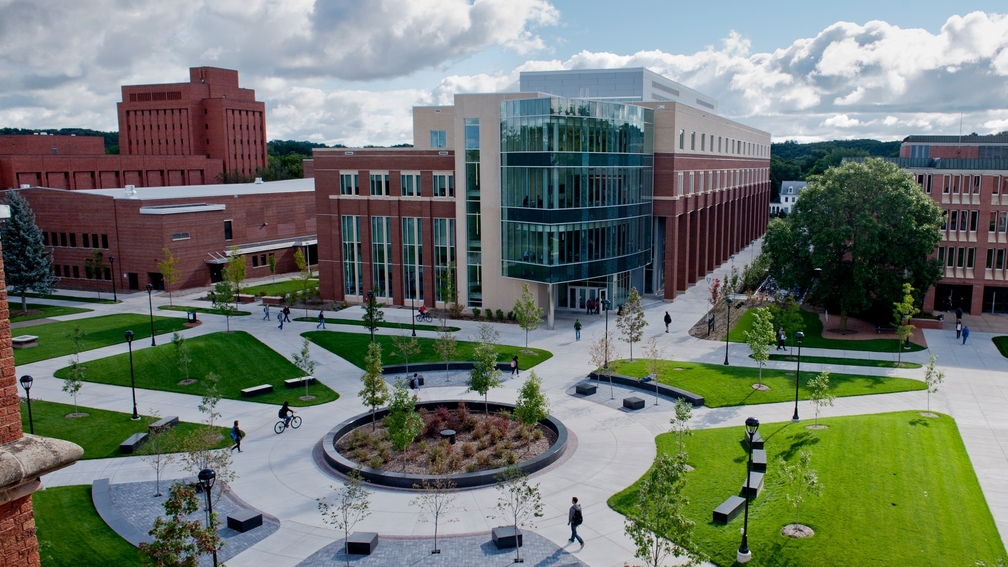
University of Wisconsin – Eau Claire regularly hosts exciting LGBTQ+ events. Every summer, the school organizes a trip to San Francisco for the Frameline Film Festival, which takes place during San Francisco Pride. Every spring they hold Fire Ball, UW-Eau Claire’s drag ball extravaganza. They offer an LGBTQ+ Studies certificate that can be paired with any major as well.
- Location: Eau Claire, WI
- Intelligent Score: 99.68
- Average Tuition: $8,875 per year
- Accreditation: Higher Learning Commission
- Student Enrollment: 9,131
University of Michigan
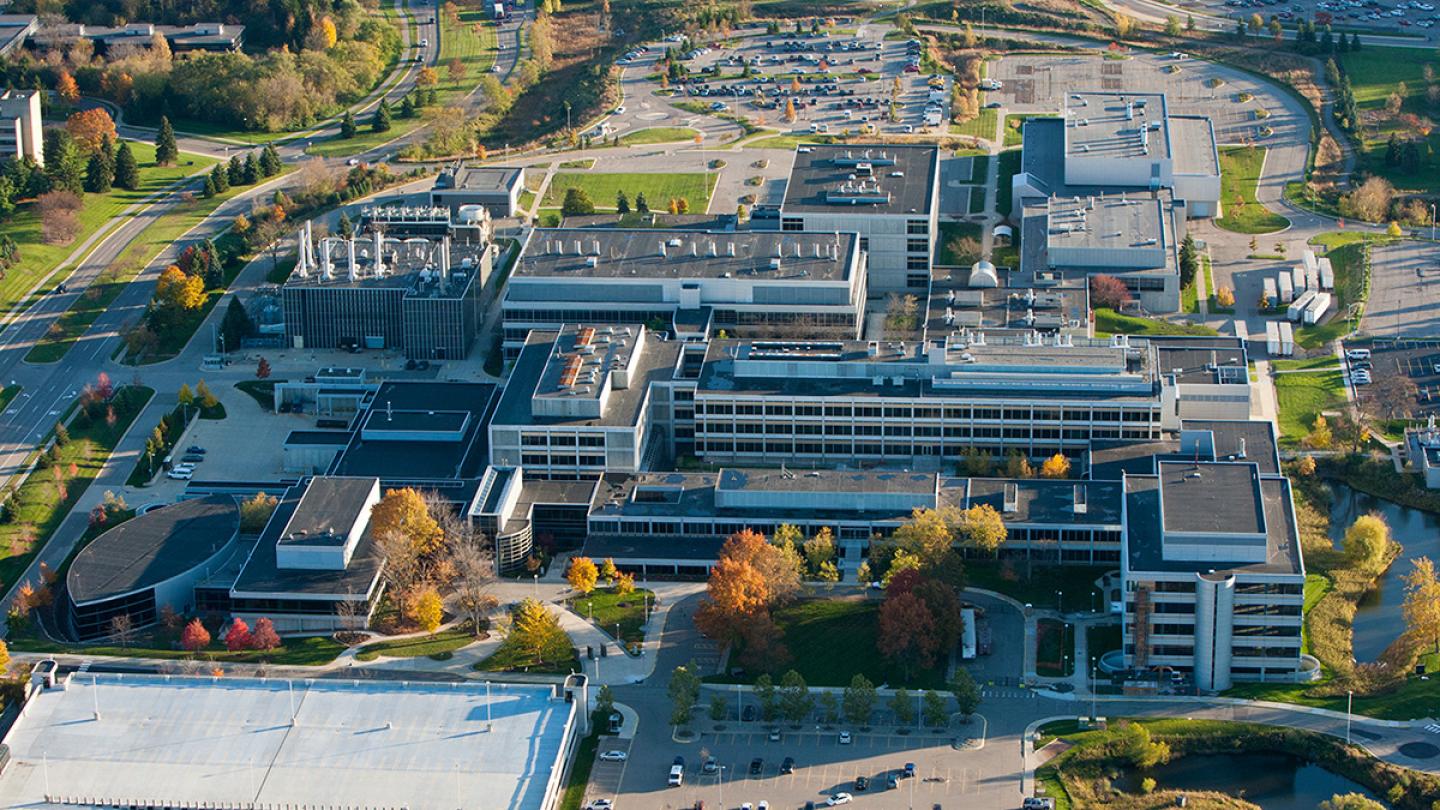
The University of Michigan’s Spectrum Center holds events such as drag bingo, LGBTQ+ film screenings, and support groups for those who do not conform to gender binaries. The school also has dozens of LGBTQ+ student groups, including Avaha for Jewish students, Out for Business for students attending the Ross School of Business, OutMD for medical students, and the Alliance for Inclusion for dental students.
- Location: Ann Arbor, MI
- Intelligent Score: 99.52
- Average Tuition: $15,948.38 per year
- Accreditation: Higher Learning Commission
- Student Enrollment: 40,995
Georgetown University
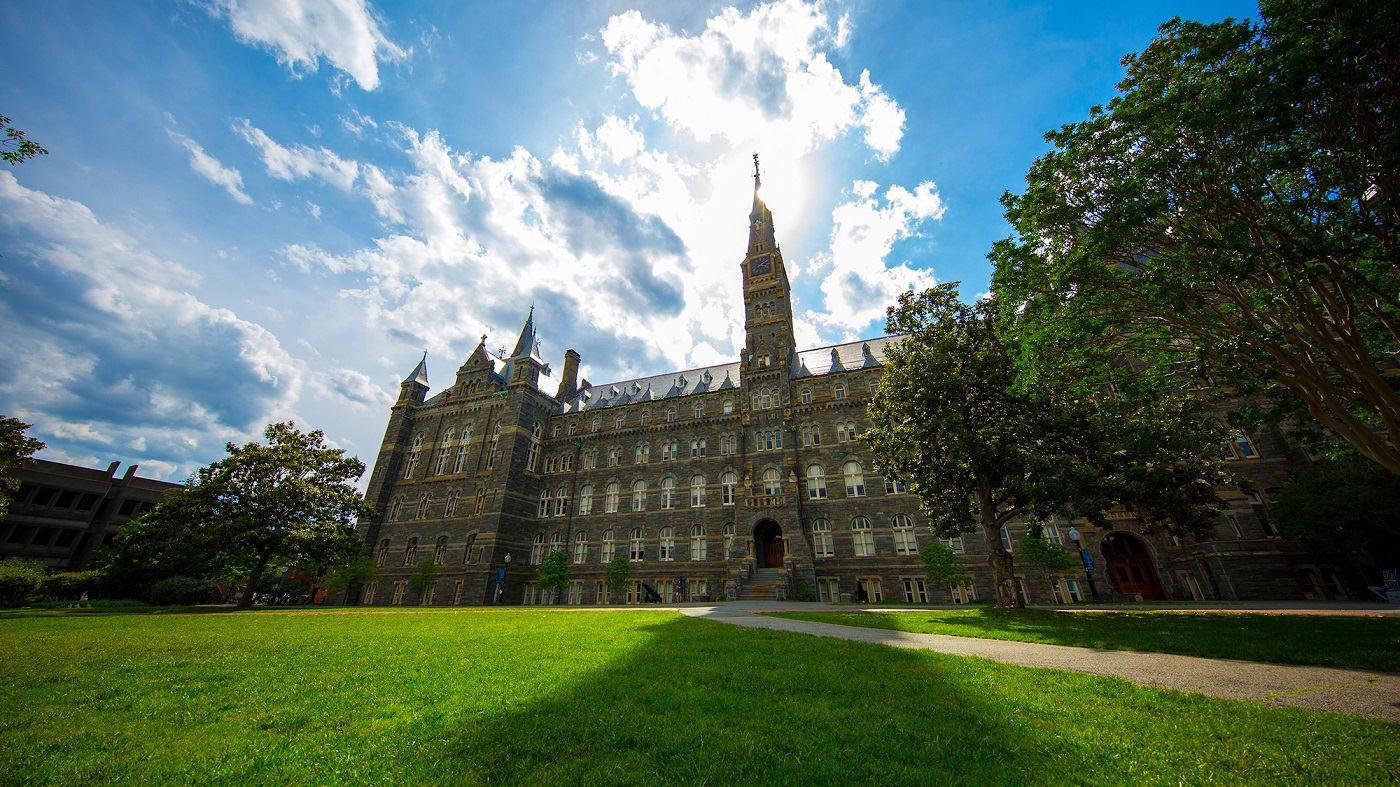
While Chrisitian schools have traditionally struggled with welcoming LGBTQ+ students, Georgetown is a Jesuit institution that is truly dedicated to promoting diversity. Their LGBT Resource Center holds annual events such as Lavender Graduation and OUTtober, and they can also help you with student name changes, locating gender-neutral bathrooms, and reporting Title IX violations.
- Location: Washington, DC
- Intelligent Score: 98.61
- Average Tuition: $54,634 per year
- Accreditation: Middle States Commission on Higher Education
- Student Enrollment: 14,022
UC Santa Barbara
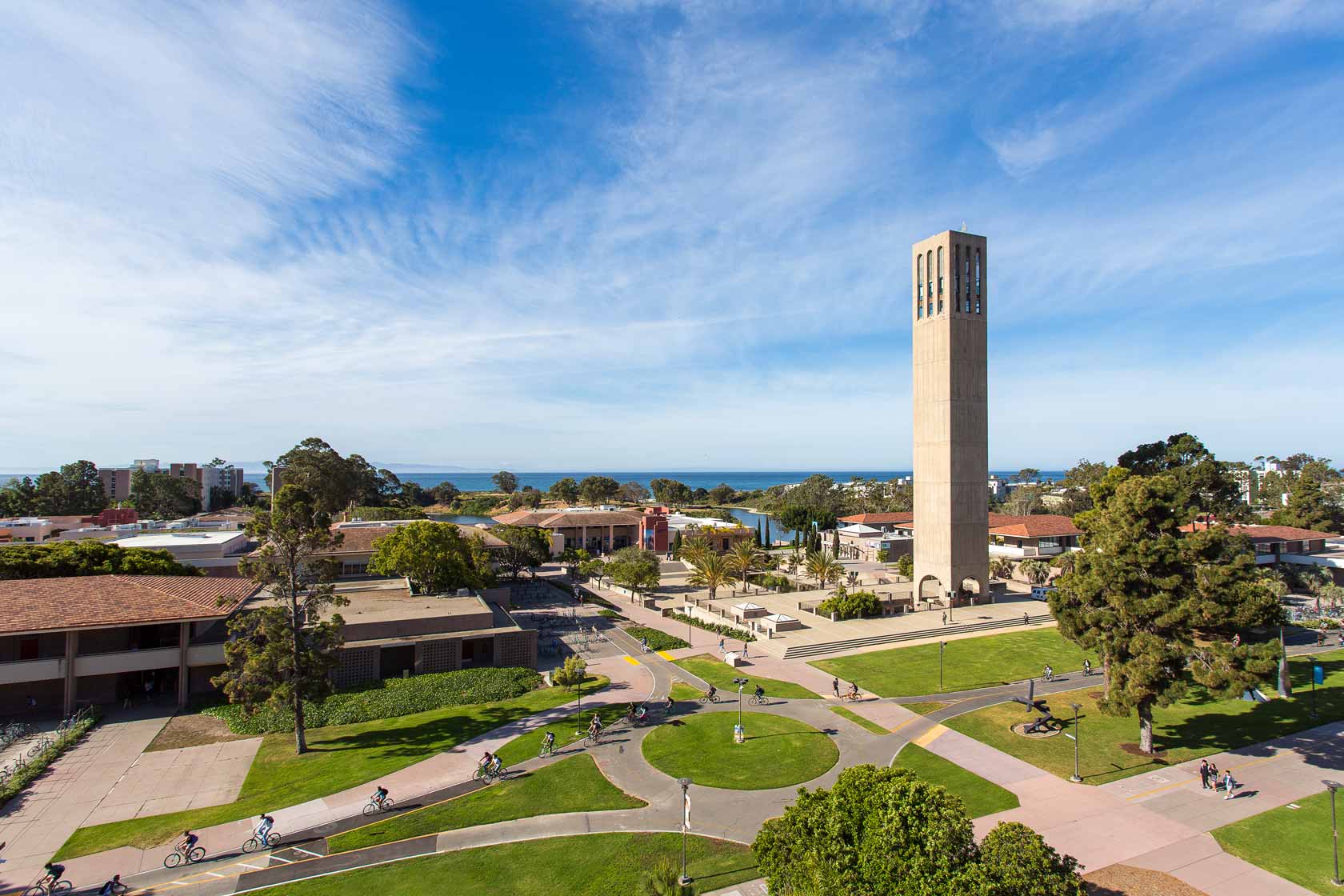
UC Santa Barbara’s Resource Center for Sexual and Gender Diversity hosts over 40 LGBTQ+ events every year, including OUT Talks with noted LGBTQ+ researchers, fashion and drag shows, and the Queer and Trans People of Color Potluck. In addition to these events, the center provides services such as name change assistance, counseling, and help with finding gender-inclusive housing. Most of their buildings also include all-gender bathrooms.
- Location: Santa Barbara, CA
- Intelligent Score: 98.26
- Average Tuition: $11,442 per year
- Accreditation: WASC Senior College and University Commission
- Student Enrollment: 25,450
Boston University
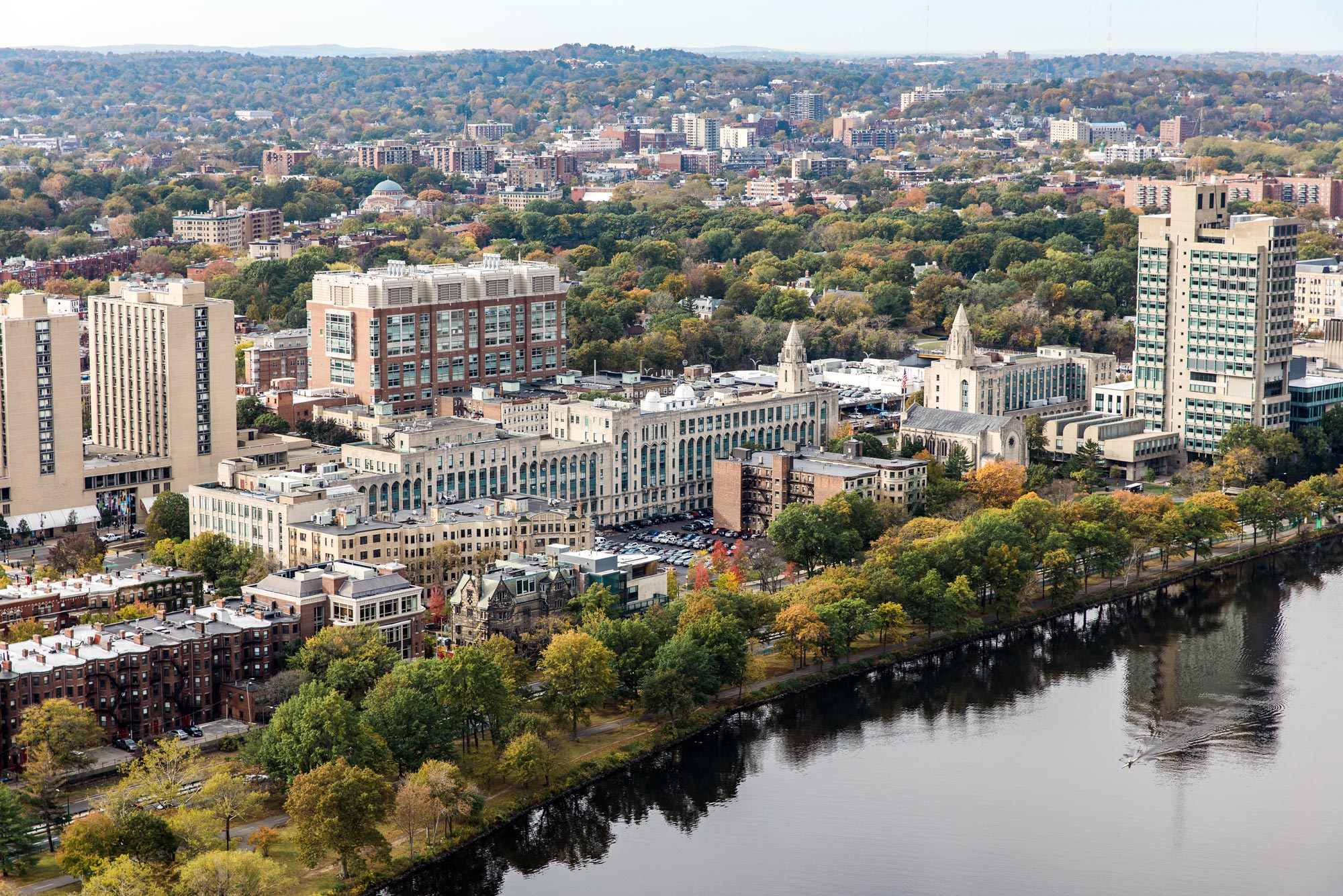
Boston University is notable for the specialized care that the school’s Student Health Services program provides for transgender students. Available services include hormone therapy, referrals/letters for gender-affirming surgery, and ongoing consultation for medical transition. This college also offers gender-neutral housing, LGBTQ+ support groups, and a number of different LGBTQ+ student organizations.
- Location: Boston, MA
- Intelligent Score: 97.72
- Average Tuition: $58,560 per year
- Accreditation: New England Commission of Higher Education
- Student Enrollment: 26,272
Coastline College
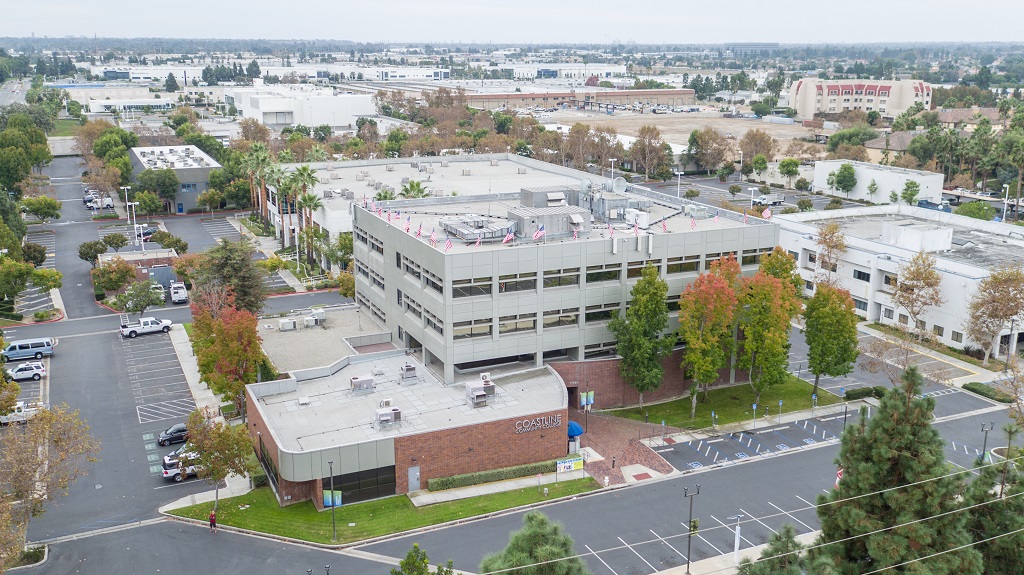
We’ve found that Coastline College is the most LGBTQ-friendly community college in the country. They offer a LGBTQ+ campus liaison, flexible name standards, and gender-inclusive restrooms. With low tuition and a 100% acceptance rate, this is the perfect option for LGBTQ+ students who are looking to save money or don’t have the transcript to make it into a more selective institution.
- Location: Fountain Valley, CA
- Intelligent Score: 96.40
- Average Tuition: $46 per unit
- Accreditation: Accrediting Commission for Community and Junior Colleges
- Student Enrollment: 5,439
University of Pennsylvania
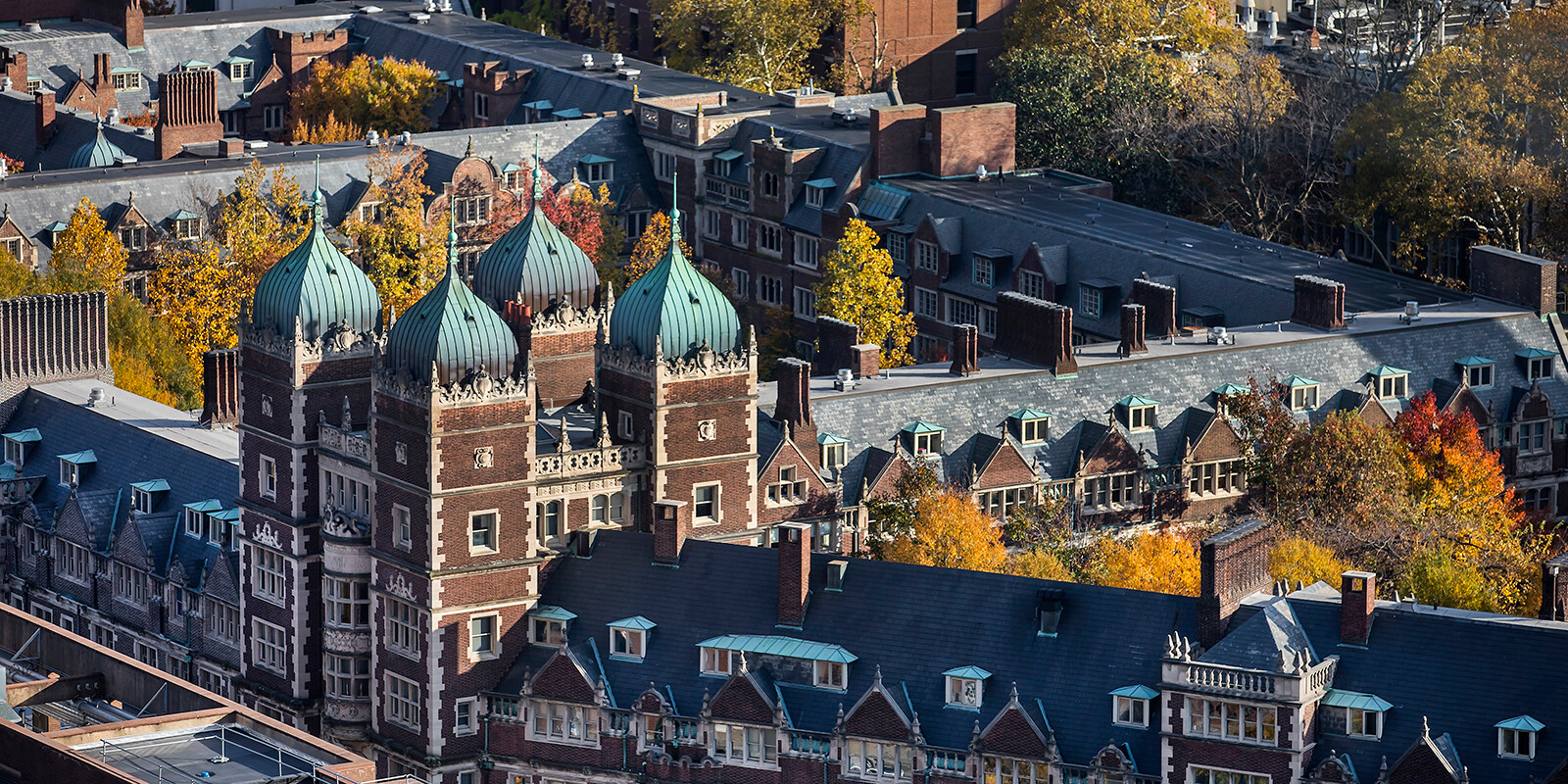
This Ivy League institution’s LGBTQ+ center offers resources such as mentorship programs, support groups, and travel funds for attending LGBTQ+ conferences. They also offer LGBTQ+ groups for many different types of students, including Wavelength for chemistry students, LambdaVets for veterinary students, and the Wharton Alliance for business students.
- Location: Philadelphia, PA
- Intelligent Score: 95.66
- Average Tuition: $54,652 per year
- Accreditation: Middle States Commission on Higher Education
- Student Enrollment: 20,959
Princeton
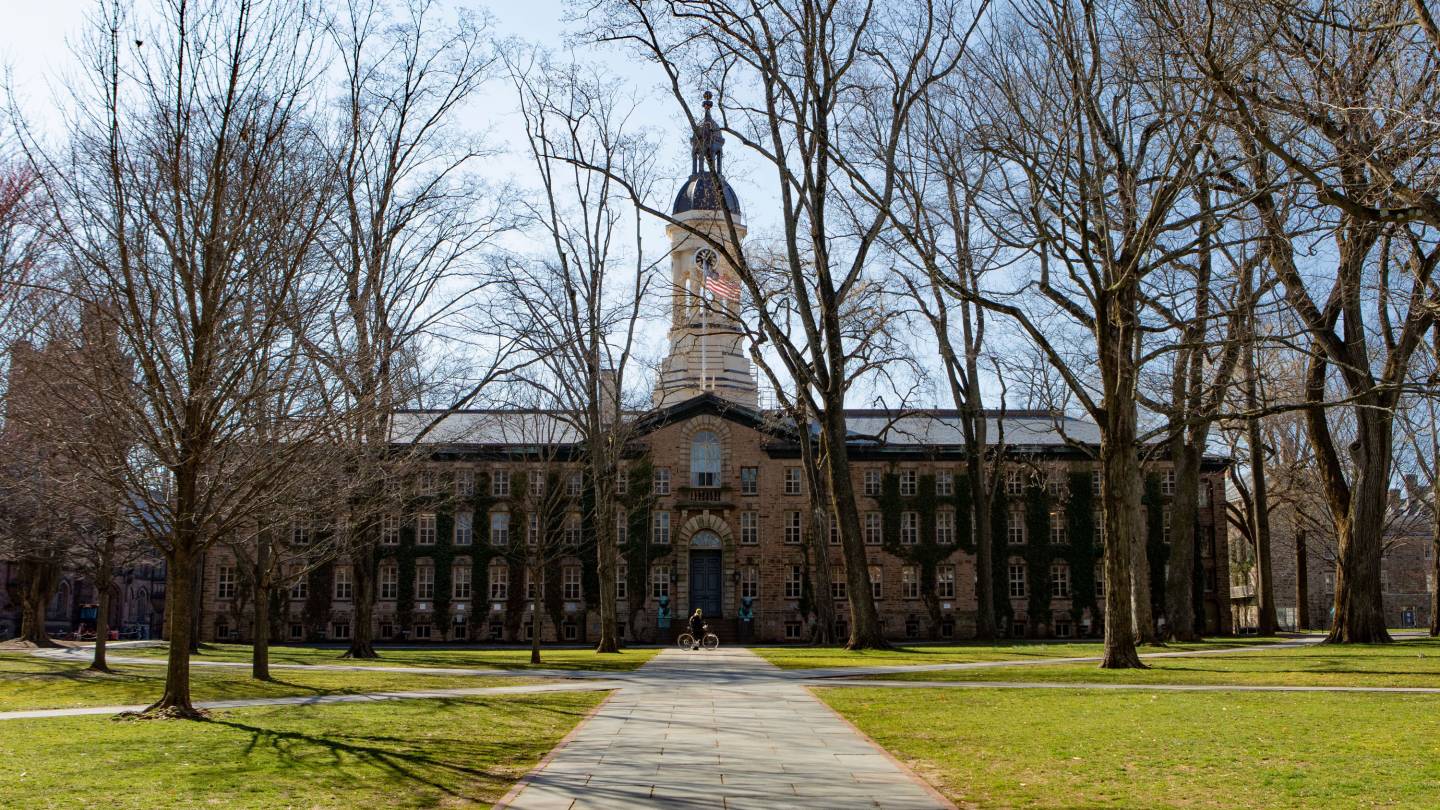
Another LGBTQ-friendly Ivy League institution, Princeton has gender-inclusive housing, gender-inclusive bathrooms, and gender-affirming healthcare services available for both faculty and students. They also offer a postdoctoral fellowship that is awarded each year to a scholar working on LGBTQ+ issues.
- Location: Princeton, NJ
- Intelligent Score: 95.46
- Average Tuition: $56,010 per year
- Accreditation: Middle States Commission on Higher Education
- Student Enrollment: 8,325
University of Washington
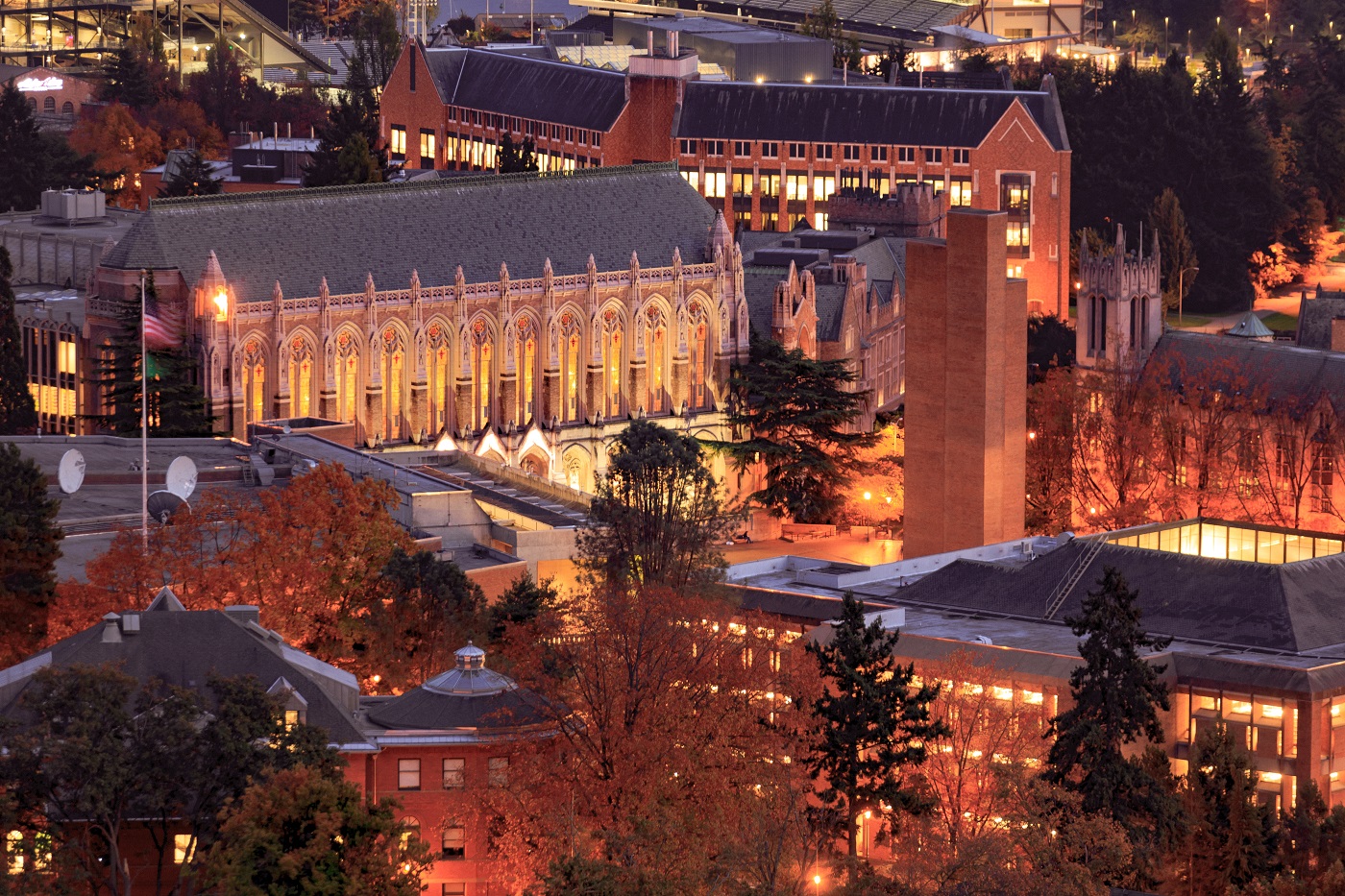
The University of Washington’s Q Center provides services such as a lending library, discussion forums, ally training, academic mentoring, and brief crisis intervention. There is a social space with computer and WiFi access, as well as private rooms for meetings. Additionally, a Lavender Graduation event is held every year for LGBTQ+ graduates.
- Location: Seattle, WA
- Intelligent Score: 94.00
- Average Tuition: $11,745 per year
- Accreditation: Northwest Commission on Colleges and Universities
- Student Enrollment: 51,269
University of Maryland
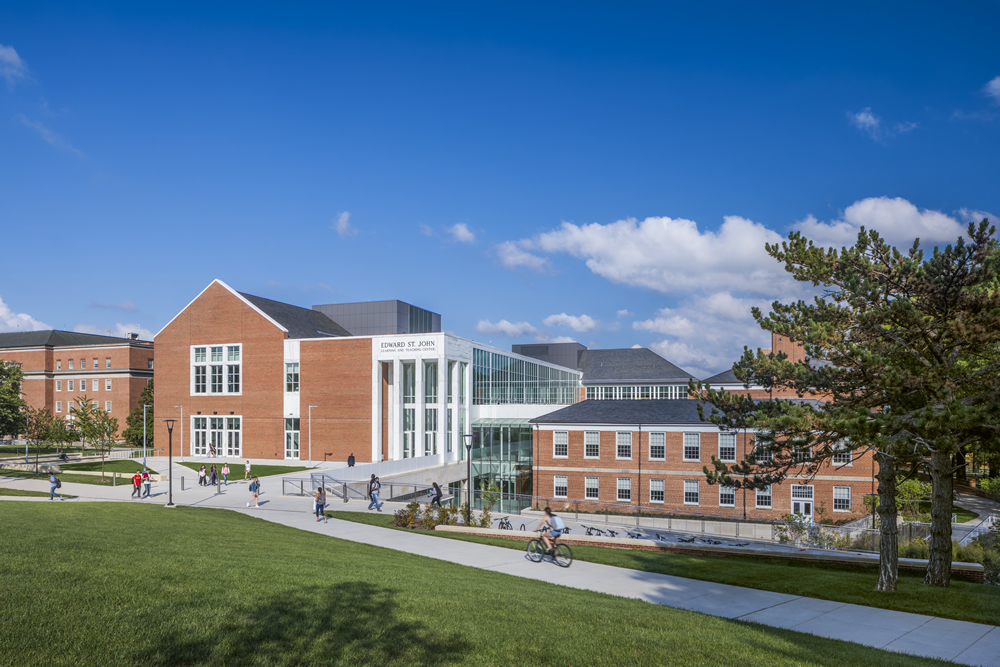
The University of Maryland offers a variety of different resources and services for LGBTQ+ students. Their Lavender Leadership Honor Society celebrates and develops leadership for LGBTQ+ social justice. They also provide opportunities for those who wish to work as an intern in an LGBTQ+ community organization, and there are awards and scholarships for LGBTQ+ students.
- Location: College Park, MD
- Intelligent Score: 93.20
- Average Tuition: $10,954 per year
- Accreditation: Middle States Commission on Higher Education
- Student Enrollment: 28,160
Ohio State University
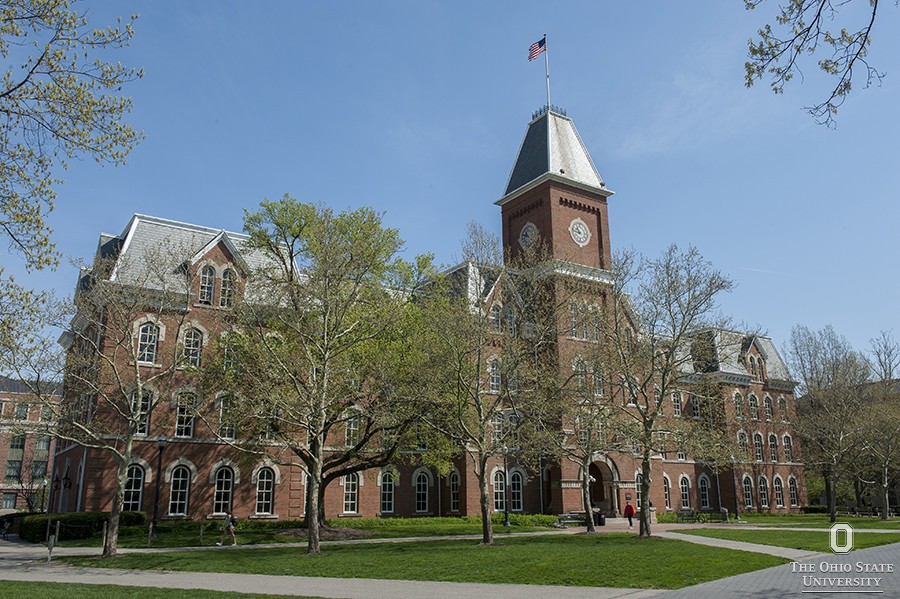
Ohio State University’s campus offers both gender-inclusive housing and gender-inclusive bathrooms. Their LGBTQ+ support services are particularly robust, offering a mentorship program, name change assistance, mental health counseling, and much more. Also, Ohio State University’s student health insurance program covers many services for transition-related care, including treatment for sexual reassignment surgery and hormone therapy.
- Location: Wooster, OH
- Intelligent Score: 91.80
- Average Tuition: $11,518 per year
- Accreditation: Higher Learning Commission
- Student Enrollment: 53,025
Massachusetts Institute of Technology
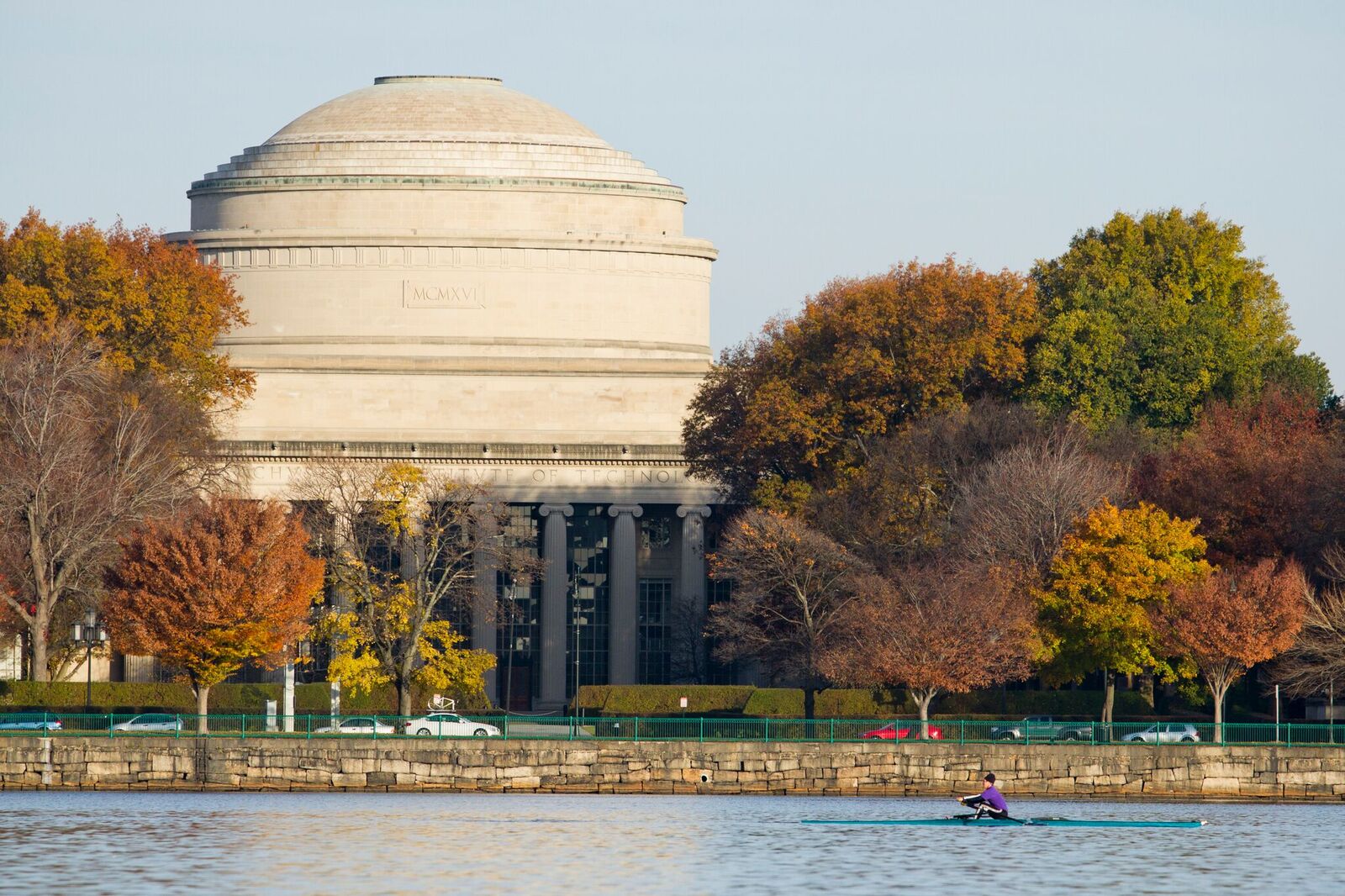
MIT’s Rainbow Lounge provides you with access to a variety of LGBTQ+ books, magazines, and other publications. The school regularly hosts events such as Lavender Graduation and presentations from prominent LGBTQ+ intellectuals. They can also help you with reporting violations of Title IX and MIT’s non-discrimnation policy.
- Location: Cambridge, MA
- Intelligent Score: 90.58
- Average Tuition: $55,510 per year
- Accreditation: New England Commission of Higher Education
- Student Enrollment: 11,402
Washington State University
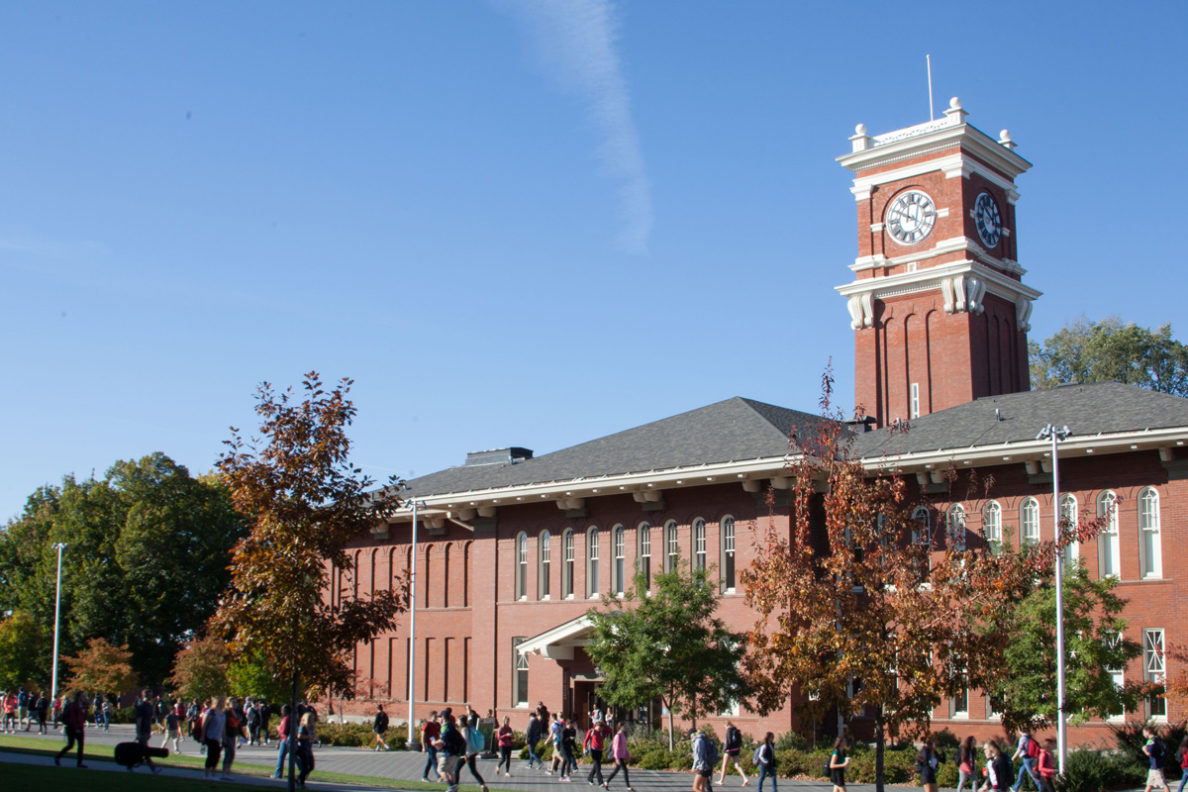
One challenge that LGBTQ+ students often face is that they have been disowned by their parents. This can make it difficult to access financial aid, as these programs tend to require a parent’s cooperation and signature. In these cases, Washington State University’s financial aid administrators can provide you with a dependency override. WSU also offers the LGBT Cougs, an alumni group that’s specifically for LGBTQ+ alumni. The LGBT Cougs facilitate friendships and professional connections between LGBTQ+ alumni, and they provide mentoring and scholarships for current students.
- Location: Pullman, WA
- Intelligent Score: 90.04
- Average Tuition: $10,760 per year
- Accreditation: Northwest Commission on Colleges and Universities
- Student Enrollment: 25,976
Rutgers University
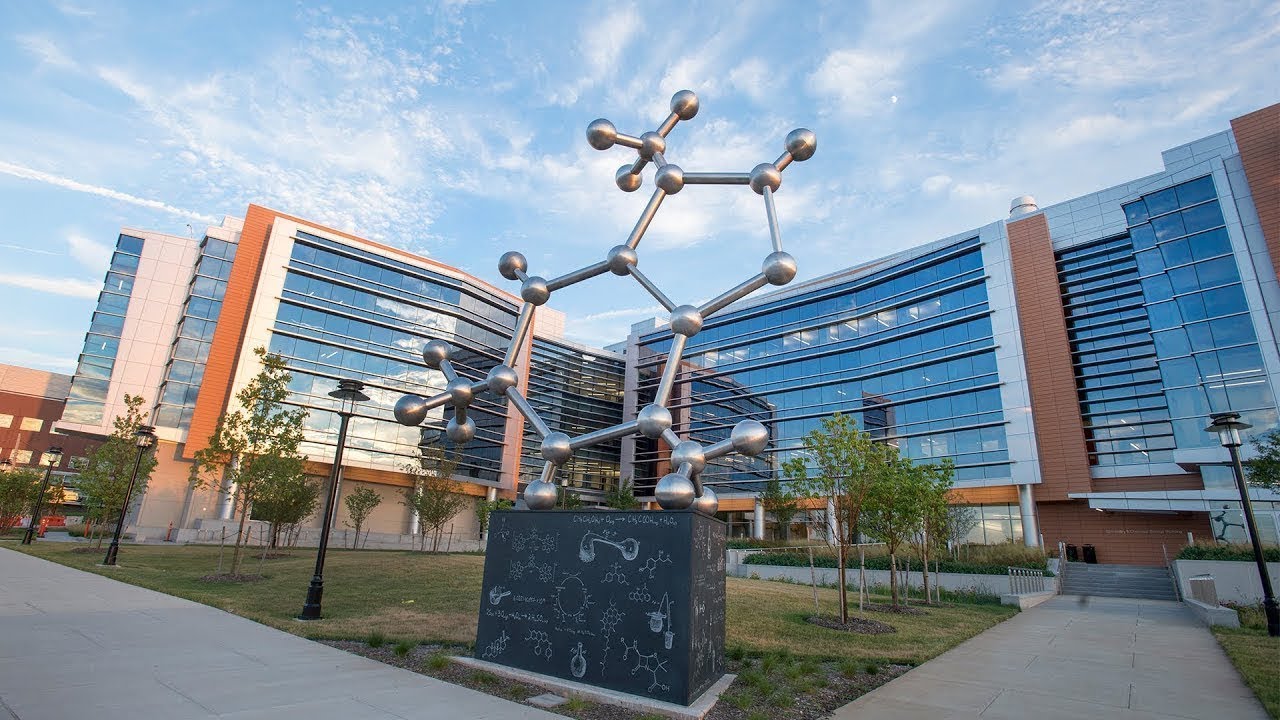
The Rutgers Center for Social Justice Education and LGBT Communities regularly holds events such as safe space training, film screenings, future professional mixers, and body positivity workshops. They offer gender-neutral housing, and you can choose to be paired with a roommate who is interested in LGBTQ+ issues.
- Location: Piscataway, NJ
- Intelligent Score: 89.61
- Average Tuition: $12,772 per year
- Accreditation: Middle States Commission on Higher Education
- Student Enrollment: 25,976
Tufts University
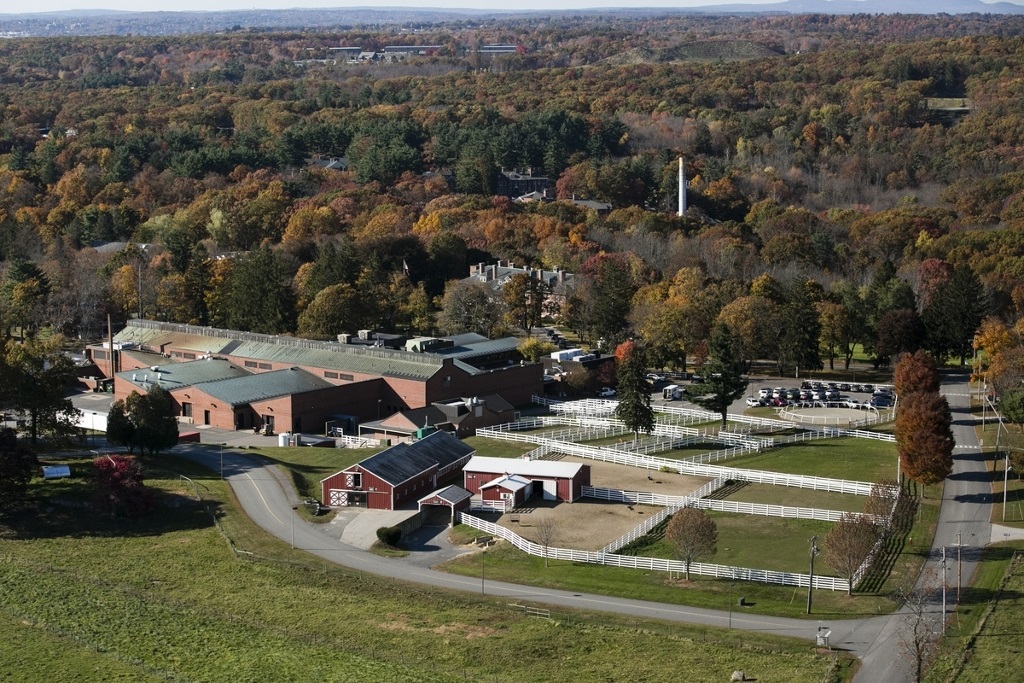
Founded in 1992, the Tufts University LGBT Center provides a variety of advising and educational services. The center also has a computer lab, printers, and an LGBTQ-specific library. As for housing, there’s a complex known as “Rainbow House,” which is designated for LGBTQ+ students and allies.
- Location: Medford, MA
- Intelligent Score: 89.40
- Average Tuition: $61,646 per year
- Accreditation: New England Commission of Higher Education
- Student Enrollment: 11,018
University of Oregon
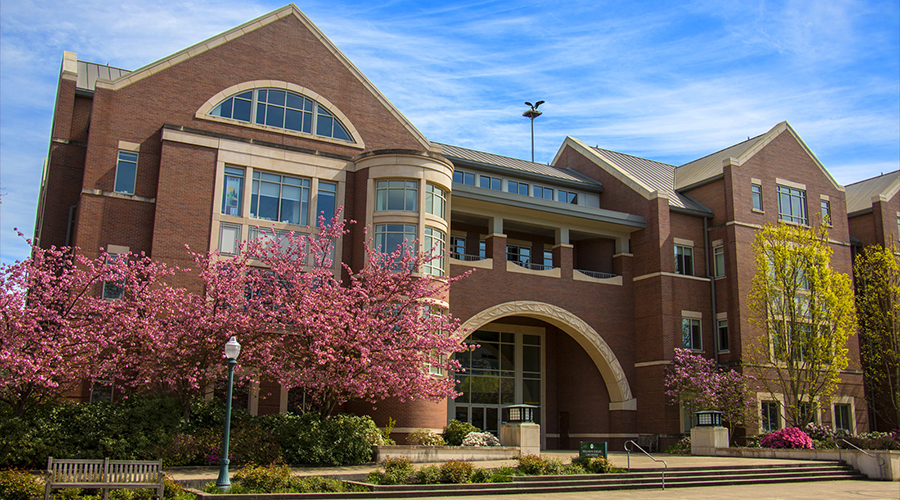
With their Gender Equality Hall, the University of Oregon is another institution that offers housing specifically for LGBTQ+ students. Their John R. Moore Scholarship awards $2,000 to LGBTQ+ students — there is no GPA requirement, you just need to send in an essay about how you have contributed to the LGBTQ+ community at the school.
- Location: Eugene, OR
- Intelligent Score: 89.02
- Average Tuition: $14,421 per year
- Accreditation: Northwest Commission on Colleges and Universities
- Student Enrollment: 19,747
Pennsylvania State University
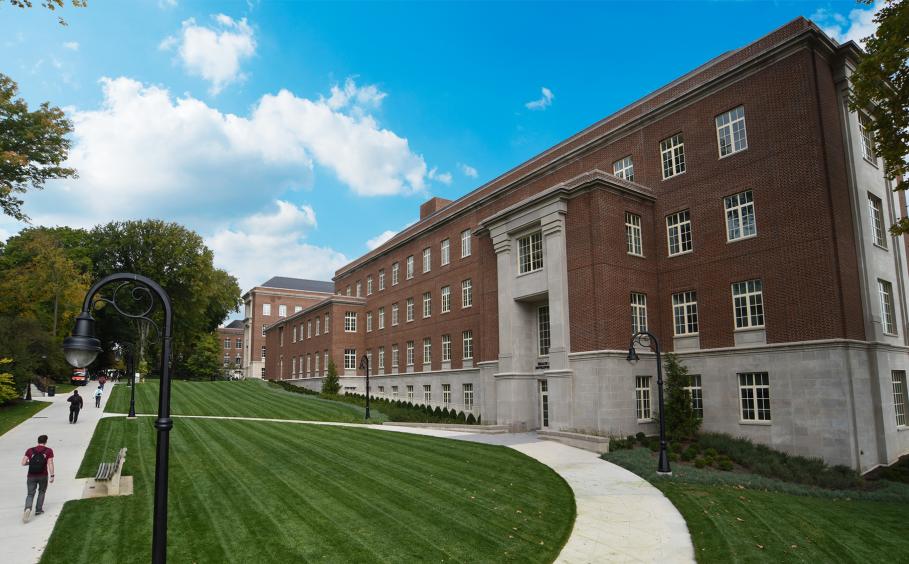
At Penn State’s Center for Sexual and Gender Diversity, you’ll be able to access services such as discussion groups and a mentorship program. The center also organizes events for Pride Month, Transgender Awareness Month, and LGBTQ+ History Month, and over a half-dozen scholarships are dedicated for LGBTQ+ students. Furthermore, the school offers student organizations such as OutLaw for law students and Students for Cultivating Change for agriculture students.
- Location: University Park, PA
- Intelligent Score: 88.52
- Average Tuition: $17,920 per year
- Accreditation: Middle States Commission on Higher Education
- Student Enrollment: 44,704
University of Central Florida
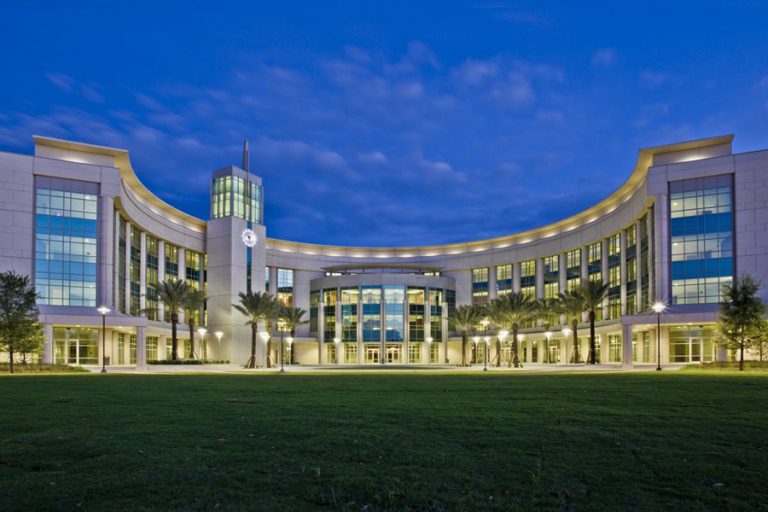
The University of Central Florida offers Safe Zone, which is a series of four workshops that UCF staff and students can use to educate themselves about LGBTQ+ issues. They also offer the Alliance Mentorship Program, which matches LGBTQ+ staff mentors with LGBTQ+ student mentees. Gender-neutral bathrooms, LGBTQ+ career services, and LGBTQ+ legal services are available as well. And for in-state students, the tuition is especially affordable.
- Location: Orlando, FL
- Intelligent Score: 87.99
- Average Tuition: $5,594 per year
- Accreditation: Southern Association of Colleges and Schools Commission on Colleges
- Student Enrollment: 46,765
Emory University
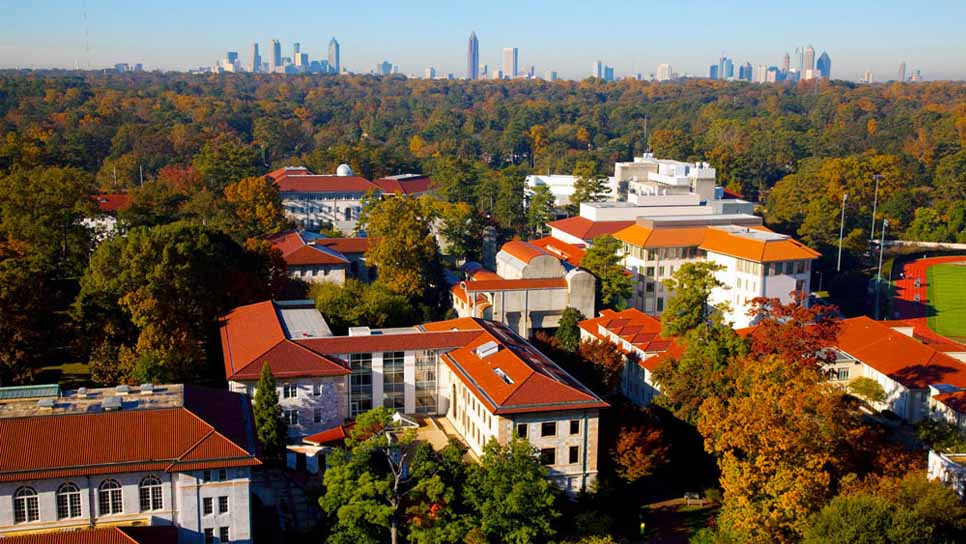
Emory University is based in Atlanta, which has one of the largest LGBTQ+ communities in the country. The school’s Office of Lesbian, Gay, Bisexual, and Transgender Life organizes events such as queer discussion groups, wellness activities, drag shows, and participation in the Atlanta Pride Parade. Emory also offers gender-inclusive housing as well as several leadership funds for LGBTQ+ students.
- Location: Atlanta, GA
- Intelligent Score: 87.89
- Average Tuition: $53,070 per year
- Accreditation: Southern Association of Colleges and Schools Commission on Colleges
- Student Enrollment: 12,905
How to Choose a LGBTQ+ Friendly College
In addition to using our guide as a reference, we also recommend that you do some research of your own when deciding which LGBTQ-friendly college you will go to. Specifically, you should take note of the following six factors:
- Campus Culture. While taking a tour of a campus, look for things like rainbow pride flags and fliers advertising LGBTQ+ events. Chatting with admissions staff, faculty, and current students can also help you get a sense of the culture.
- LGBTQ+ Student Organizations. Such organizations offer an excellent way to meet and build relationships with other LGBTQ students. In addition to checking on the school’s website to see if an official LGBTQ+ student organization exists, you should look at the organization’s social media accounts and event calendar to make sure that it’s actually active.
- Anti-Discrimination Policies and Inclusion Statements. You should also make sure that the school has a non-discrimination statement that is inclusive of sexual orientation and gender expression.
- Gender-Neutral Facilities. Campus Pride provides a helpful list of colleges and universities that offer gender-neutral housing. You should also keep an eye out for gender-neutral bathrooms. A 2018 survey of transgender and gender-nonconforming students found that less than half of colleges offer gender-neutral bathrooms in campus facilities.
- Academic Programs. Many colleges offer majors such as LGBTQ+ studies, gender studies, and human sexuality. Even if you plan on majoring in something else, such programs are a good sign that the campus has an LGBTQ-friendly culture.
- Community Support and Safety. As mentioned above, LGBTQ students are disportionately affected by crime and violence. Before you commit to a college, confirm that they have a sufficient number of security offices and blue light emergency phones. Also, students (especially students who plan to live off-campus) should look for local LGBTQ+ centers that they can use to supplement the school’s resources. If you’d like to see how close a school is to LGBTQ+ centers, CenterLink provides a map of over 500 organizations that you can reference.
How are LGBTQ Students Protected Today?
There are several federal laws that protect LGBTQ+ students from discrimination. For example, the Matthew Shepard Act was passed in 2009. This piece of legislation expanded the legal definition of hate crimes to include victims who were attacked due to their sexual orientation or gender identity.
Also, Title IX of the Education Amendments of 1972 prohibits sex-based discrimination at all federally-funded colleges. This means you have an equal right to admissions, on-campus housing, and financial aid. If you face discrimination at your school, you can file a complaint with the Department of Education. With the exception of schools that have been exempted from Title IX on religious grounds, colleges that receive federal funding can be held responsible for monetary damages if they are found to have ignored sexual harrassment or discrimination.
Finally, you should see which non-discrimination laws on the state and local level apply to any college you’re considering. The Movement Enhancement Project has an interactive map that makes it easy to review the different policies that are in effect in each state.
Resources for LGBTQ+ College Students
While LGBTQ+ students face substantial challenges, there are also many resources available to help LGBTQ+ students deal with these challenges. In addition to the organizations that we’ve already mentioned, the following groups are especially worth checking out:
- The Trevor Project. If you plan to take your college courses remotely, The Trevor Project provides an excellent alternative to on-campus LGBTQ+ counseling. They offer a free 24/7 hotline that’s staffed with trained counselors as well as a social networking site for LGBTQ+ youth.
- Safety Net. You may want to go to a religious school that has been exempted from Title IX. These institutions are allowed to discriminate against LGBTQ+ students and still receive federal funds. In that case, you should reach out to Safety Net whenever you need some support, as this organization facilitates communication between LGBTQ+ staff, students, and alumni at 75+ evangelical Christian colleges.
- Out for Work. If you’re close to graduating or have recently graduated, Out for Work can help you leverage your education into a career by connecting you with internships and job opportunities.
- Gamma Mu Foundation. Looking for a scholarship? Gamma Mu has awarded over $2 million to LGBTQ+ students since its inception, and they don’t have any GPA or community service requirements.
- LEAGUE Foundation. The LEAGUE Foundation is another resource for financial aid. Since 1996, they have given over $300,000 to LGBTQ+ students. Just note that you will need a GPA of at least 3.0 on a 4.0 scale and a strong record of community service to qualify.
- The Association of LGBT Journalists. If you plan to major in journalism, be sure to apply for this organization’s Leroy F. Aarons Scholarship Award (each year, one student is awarded $5,000).
Interested in a degree instead?
Learn more about online degrees, their start dates, transferring credits, availability of financial aid, and more by contacting the universities below.
